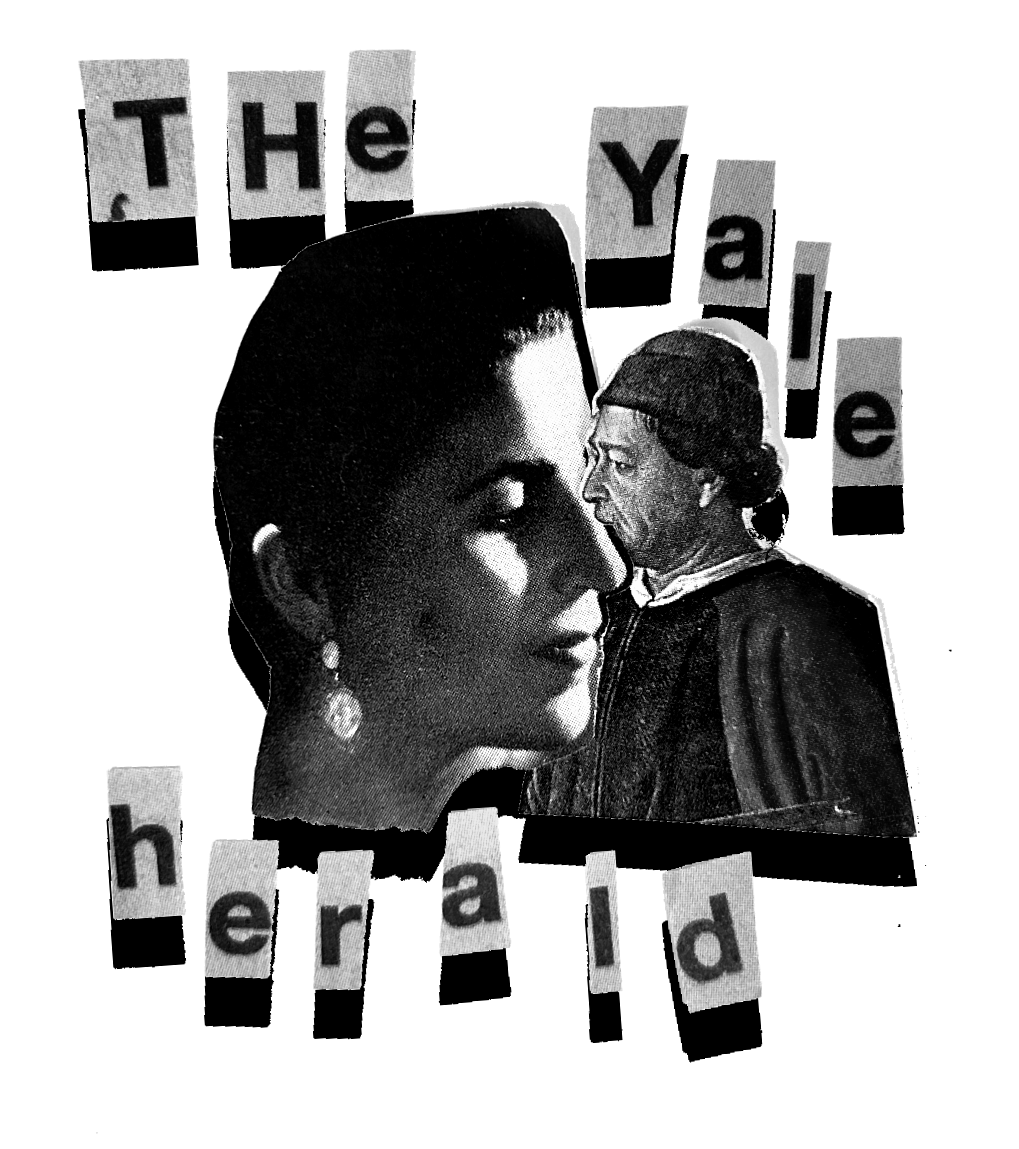Hidden below the ground lies a network that connects every corner of the world. It transmits information and resources where they’re needed like a mysterious subterranean artery. This web—this kingdom, as some call it—is crucial to Earth’s biological function, despite going unnoticed by the uninformed passerby above ground. I’m talking about mycelium, the fungal network that has inspired art-pop legend Björk’s new album, Fossora.
Björk’s charm has never been defined by the sonic beauty of her music, nor her noisy musical experimentation; it’s always been her shrewd intersection of the two, which blends her gorgeous belts and textured electro-pop instrumentation with the fastidious touch of a surgeon. Where Post leaned on melody and Homogenic invoked IDM-inspired rhythms to fuse opposing forces of innovation and consonance, Fossora eschews the clean, sleek deliberation that has defined much of Björk’s work over the last three decades. It’s jarring, it’s heavy, and it’s natural, embracing—not sanding down—its diversity.
Björk is eccentric and colorful, traits belied by the melancholy of her lyrics that could just as well have been written by Taylor Swift. Fossora, though still steeped in raw emotion and teeming with Björk’s trademarked spiteful vibrato, rejects the reconciliation of her emotionality with her bubbliness. It indulges itself in the multitudes contained by the singer, tacking wildly different songs and musical ideas onto each other with little attention to transitions.
The dark parts are undeniably dark; despite not knowing a lick of Icelandic, I’m struck by “Fagurt er í Fjörðum,” with its hushed desperation that transcends linguistic boundaries. But there are fun and danceable moments, at least by Björk standards: coming to mind is the trap-pop inflected title track, an uplifting, energizing lesson in mycology. And throughout the album is familiar, Björkian chaos. Listen to that same title track at the 2:30 mark, where it devolves into a house beat drop devoid of a climax, to hear what I’m talking about.
Thirty years into her prolific career, Björk has nothing left to prove. We’ve seen her awe-inspiring displays of deft lyricism, boundary-pushing production, heart-wrenching melody, and mind-boggling album concepts. Especially after the acclaim of 2017’s Utopia, many wondered where she would go from there. The answer wasn’t forward, nor away, nor up, but below the surface.
With Fossora, Björk swallows, digests, and regurgitates her discography like the fungi she became so engrossed in during the album’s production cycle. What we’re left with is a messy, attention-splitting album with a unique, unmistakable beauty from its stem to its head.




